9,99€ to 27,99€ - depending on selection incl. german VAT
99,90€ – 34,99€ / 1000 g
incl. VAT but plus freigth, see list
German bentonite powder, untreated
delivery time in DE: Max. 3 days* within DE - others see shipping costs
product contains: 1000 g
SKU: Bentonit Categories: All Products - Overview, Minerals, Bentonite Tags: Bentonite powder, Bentonite, german bentonite, natural bentoniteThis bentonite powder fine – natural from Natao comes from Germany. It is therefore a fine powder. Made in Germany. It is not cleaned, but left in its precious naturalness for you.
Occurrence and origin
Bentonite was named after Fort Benton, Montana in the USA. However, the bentonite powder fine – natural offered here comes from the deposits in Germany. The mining areas are located in eastern Upper Bavaria and Lower Bavaria. It is a rock with a mixture of different clay minerals.
constituents
The most important component is montmorillonite with 60-80 %. It has the ability of strong water absorption and swelling. It is formed by weathering from volcanic ash. The internal surface area of a gram is 400-600 square metres. Normal clay has only an inner surface of 2 square meters. This is the reason why bentonite forms particularly valuable tone-humus complexes. A good addition to compost!
areas of use
Bentonite is also used in construction technology. For example, in building waterproofing and even in dike construction. It also serves as a lubricant when driving tunnels and pipes and when vibrating narrow walls. It is also used as a supporting fluid for unsupported drilling. When extracting geothermal energy through borehole heat exchangers, the collector pipes in the ground are often surrounded by bentonite. The reason for this is that it binds the water and prevents the formation of cavities during freezing. In addition, there are numerous application possibilities.
Bentonite and its energetic charge
Bentonite particles are negatively charged. These properties bring with them an exceptionally high absorption capacity of positive substances. Positively charged, for example, are substances that can be harmful and unhealthy for our body. These are, among others: Heavy metals, acids, pesticide residues, histamine and even radioactive particles. This means that other substances adhere to the surface of the fine natural bentonite powder of Natao and accumulate there. If you flush it away, they disappear with it.
Variants:
100 g in bag or PE can,
250 g in bag,
500 g in bag,
400 g in PE tin,
800 g in a small bucket
You can find more minerals, such as sodium bicarbonate, in here.
This post is also available in:
 Deutsch (German)
Deutsch (German)  English
English  Español (Spanish)
Español (Spanish)
| Weight | N/A |
|---|---|
| Dimensions | N/A |
| gram | |
| Abpackung | in a can, in the small bucket, Paper composite bags, PE bag |
Product safety
Manufacturer information
Neue Lebensqualität
Lager DE
Torben Beuthien
Hauptstr. 1
23619 Badendorf DE
service@nlq24.de
Only logged in customers who have purchased this product may leave a review.
Related products
All Products - Overview
incl. VAT
but plus freigth, see list
delivery time in DE: Max. 3 days within DE - others see shipping costs
Doser system - all
incl. VAT
but plus freigth, see list
delivery time in DE: Max. 3 days within DE - others see shipping costs
product contains: 1 Stück
Accessories for bottles
1,35€ / Stück
incl. 19% VAT
but plus freigth, see list
delivery time in DE: Max. 3 days within DE - others see shipping costs
Accessories for bottles
incl. VAT
but plus freigth, see list
delivery time in DE: Max. 3 days within DE - others see shipping costs
product contains: 1 Stück
All Products - Overview
99,90€ – 31,45€ / 1000 Ml
incl. VAT
but plus freigth, see list
delivery time in DE: Max. 3 days within DE - others see shipping costs
product contains: 1000 Ml
All Products - Overview
incl. 19% VAT
but plus freigth, see list
delivery time in DE: Max. 3 days within DE - others see shipping costs
product contains: 1 Stück
Acids
359,00€ – 29,99€ / 1000 Ml
incl. VAT
but plus freigth, see list
delivery time in DE: Max. 3 days* within DE - others see shipping costs
product contains: 100 Ml
All Products - Overview
283,00€ – 502,00€ / 1000 Ml
incl. VAT
but plus freigth, see list
delivery time in DE: Max. 3 days within DE - others see shipping costs
product contains: 100 Ml

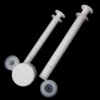
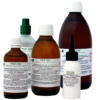
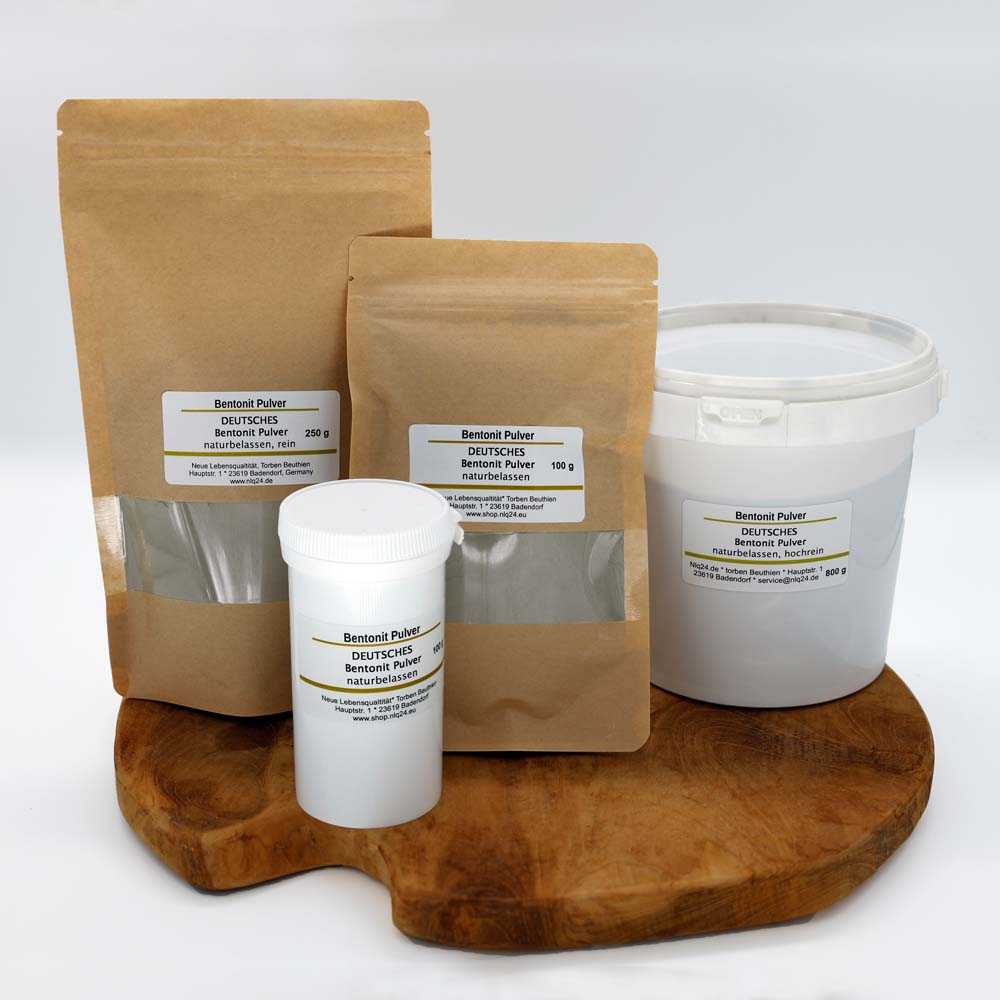
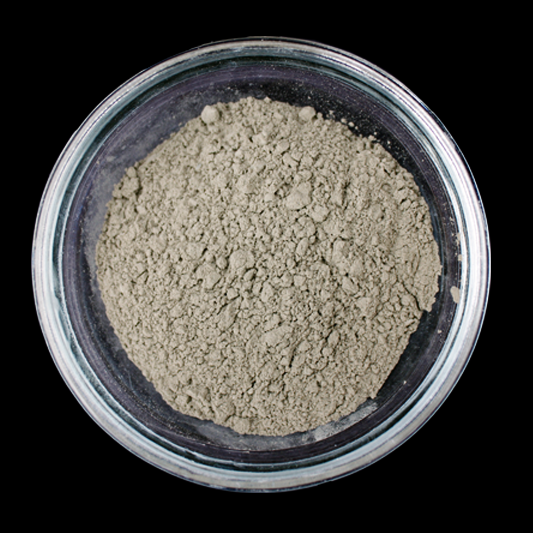
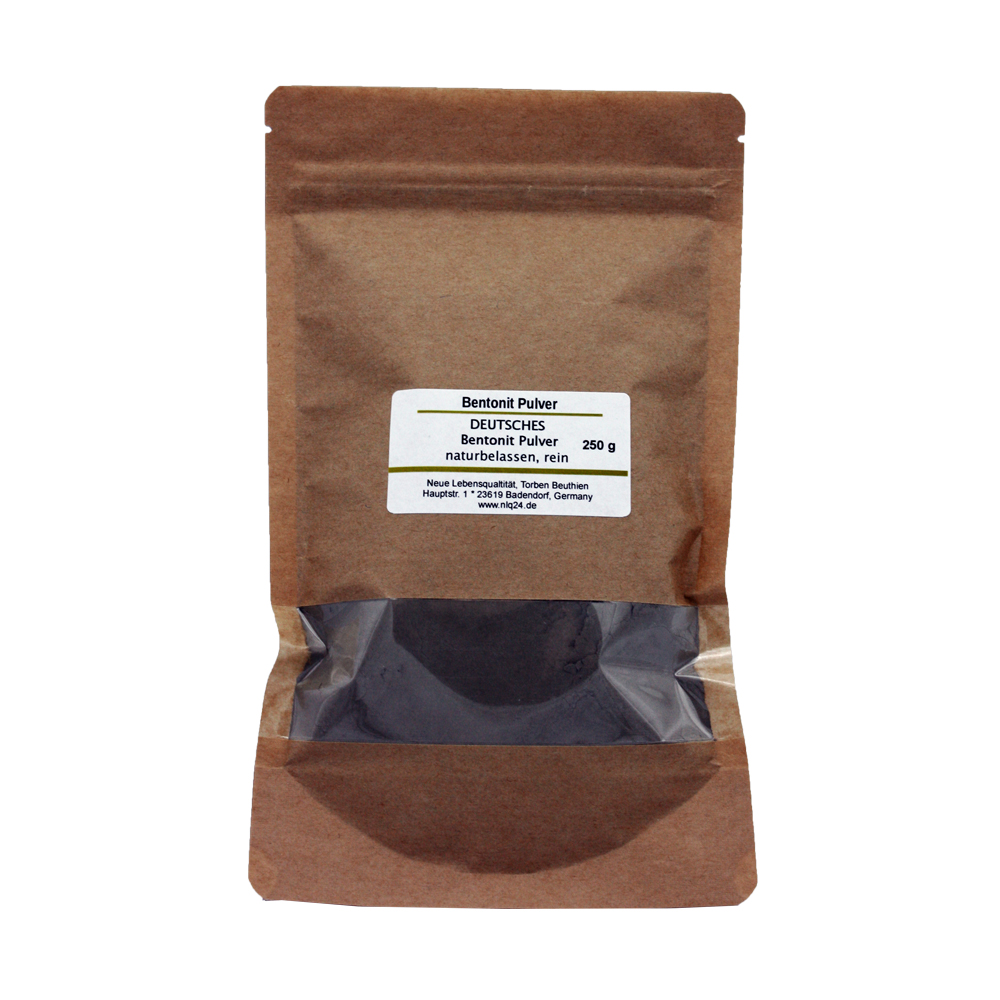
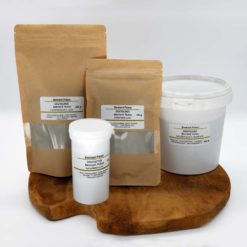
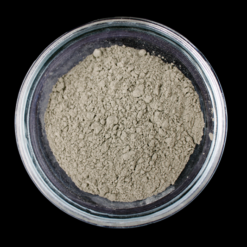
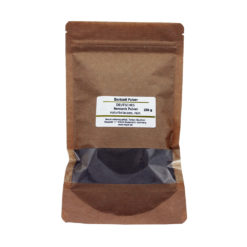
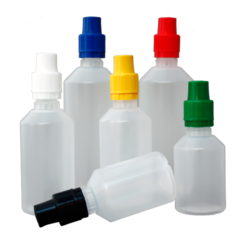
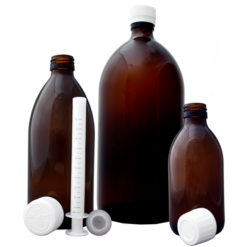
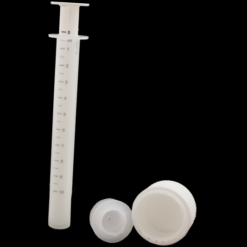
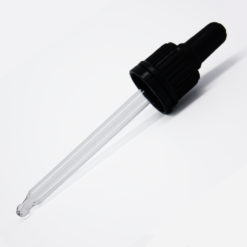
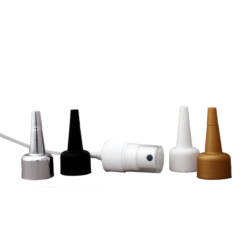
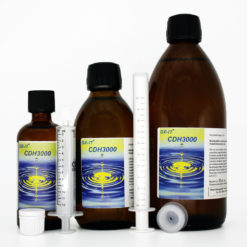
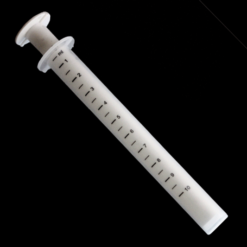
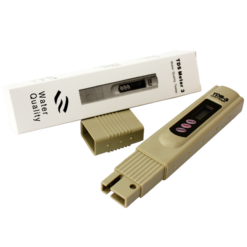
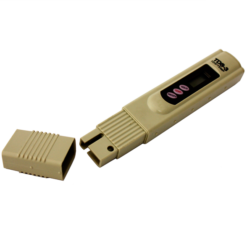
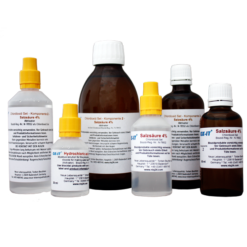


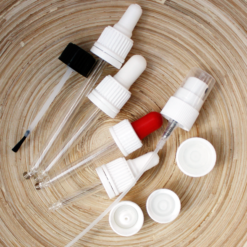

Reviews
There are no reviews yet.